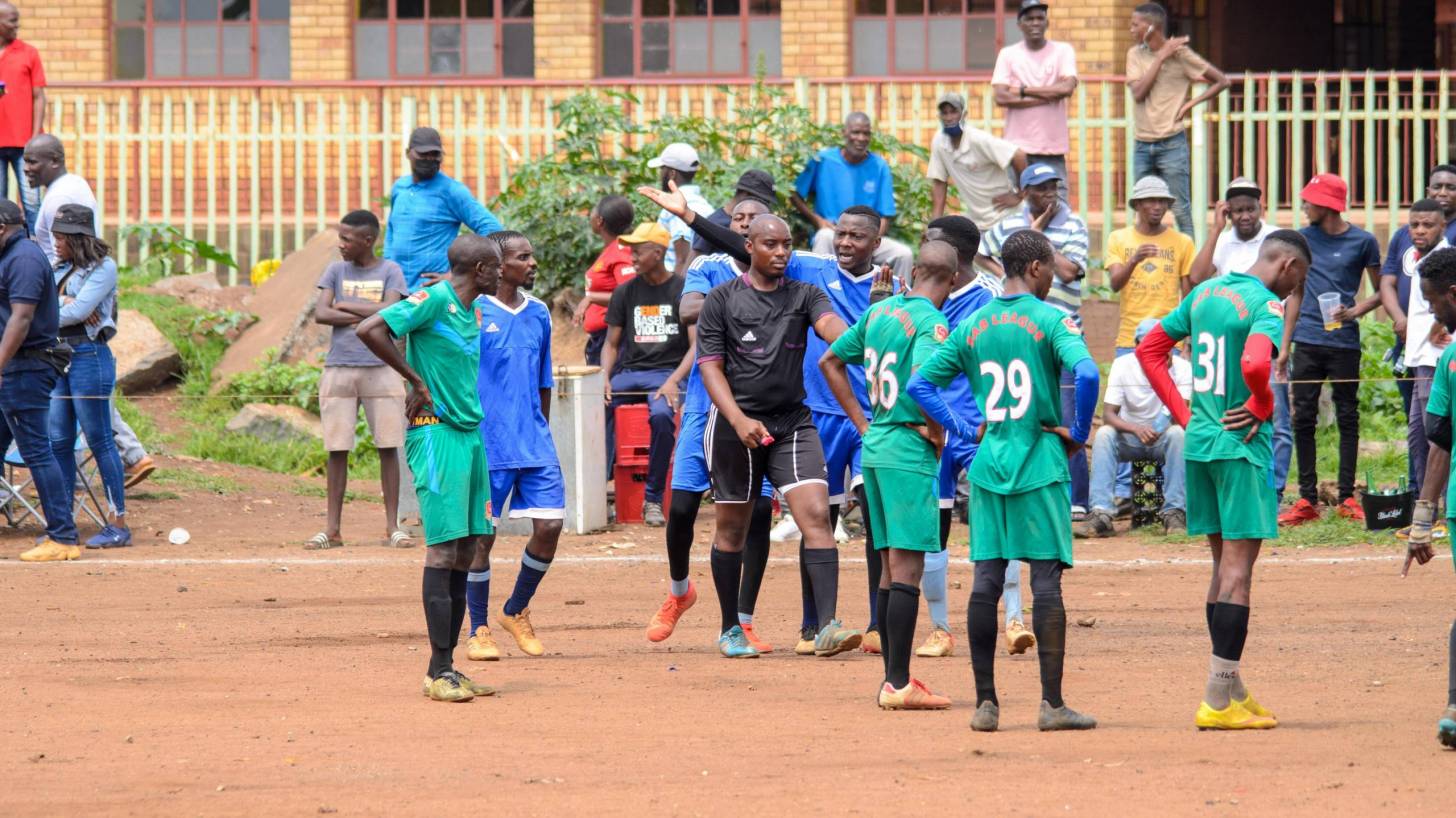Do HIV and COVID-19 Vaccines Mix?

Vaccine research organizations recently announced a new program in Kenya, Rwanda, and the Democratic Republic of Congo to evaluate the safety and immunogenicity of homologous and heterologous COVID-19 vaccine booster regimens in people living with Human immunodeficiency virus (HIV).
The Coalition for Epidemic Preparedness Innovations (CEPI) and the Kenya-based Victoria Biomedical Research Institute (VIBRI) confirmed on May 11, 2022, that about $12.5 million in funding would be deployed to assess this “mix and match” booster approach in HIV populations.
This vital research is needed since 38 million people globally live with HIV, and two-thirds of them are in sub-Saharan Africa.
Data on the effectiveness of COVID-19 vaccines in people living with HIV are limited, and many outstanding questions remain, such as:
- Are people living with HIV a risk population for SARS-CoV-2 infection and COVID-19?
- Do people living with HIV have reduced immune responses to COVID-19 vaccination, allowing post-vaccination breakthrough infections to occur?
- Should this population be offered mix-and-match vaccine regimens to boost their immune responses?
Dr. Melanie Saville, Executive Director of Vaccine R&D, CEPI, commented in a related media release, “To effectively expand access to COVID-19 vaccines around the world, we urgently need to boost clinical research into how well these vaccines work in vulnerable populations, especially in people living with HIV.”
“For example, people living with HIV could have reduced immune responses to COVID-19 vaccination, increasing the chances of breakthrough infections.”
“This study will help to gather the data needed to fill this gap in our understanding and inform how governments and COVAX can optimize their vaccination strategies going forwards to better protect this large vulnerable population of people who are potentially immunocompromised.”
Participants in this Phase 2B study who have already received homologous COVID-19 vaccination with either Moderna or Pfizer mRNA vaccines or the vaccines produced by Janssen, Sinovac, or Sinopharm will receive a booster of either the Janssen or Novavax vaccines five to seven months after completion of the primary vaccination series.
Each study participant aged 12 to 64 years living with or without HIV infection will be followed over an 18-month period. After booster vaccination, investigators will assess the safety and immune response at months 6, 12, and 18.
CEPI is an innovative partnership between public, private, philanthropic, and civil organizations
This is the latest program to be funded in response to a CEPI Call for Proposals launched in January 2021, which aims to address current gaps in our clinical knowledge of vaccine performance both now and in the long term.
Regarding HIV vaccine development, the U.S. National Institute of Allergy and Infectious Diseases (NIAID) recently launched a Phase 1 clinical trial evaluating three experimental HIV vaccines "Finding an HIV vaccine has proven a daunting scientific challenge," commented Anthony S. Fauci, M.D. NIAID director, on March 14, 2022.
"With the success of safe and highly effective COVID-19 vaccines, we have an exciting opportunity to learn whether mRNA technology can achieve similar results against HIV infection."
More information about the HVTN 302 study is available on ClinicalTrials.gov using the identifier NCT05217641.
Additional HIV vaccine development news is posted at PrecisionVaccinations.com/HIV.
PrecisionVaccinations publishes fact-checked research-based vaccine news.
Our Trust Standards: Medical Advisory Committee
























